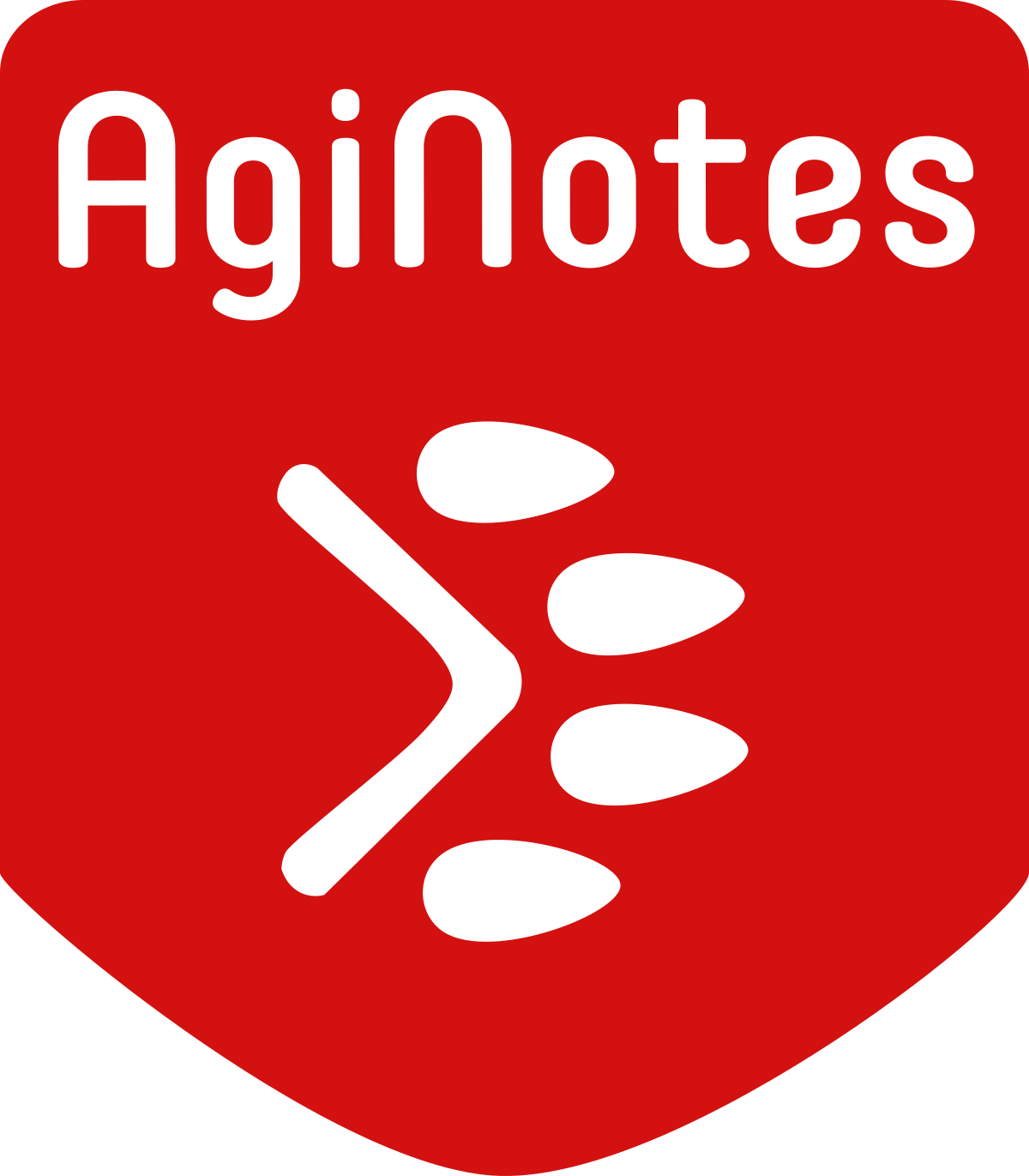First and foremost, agility is a very inclusive sport. There is a place for you whether you’re in it to have fun and bond with your dog, chasing that first clear round, or dreaming of representing your country. I very much fell into the latter category. Since I started competing at 15 years old, I aspired to compete for my country and I have continuously worked towards that goal – a goal that I achieved last year when I won my spot on the World Agility Open 2019 England Team. Thea and I placed 5th in the Biathlon Championship – an achievement we’d trained for over 6 months to accomplish. But here’s the point, we trained 6 months specifically for the WAO despite over 3 years as a partnership. We needed to train specifically for this event, for the course styles and handling skills… Because the WAO would be unlike any event in Great Britain.
Separated from Europe
Britain is not like the rest of Europe when agility is concerned. We’ve been slow to develop and are only recently realising that we are being left behind as other countries begin to excel at international events. Agility has developed to become faster and more technical and skilful, with a focus on increased speed and safety. Running contacts, handling at speed and independence are some of a long list of skills that set apart the top dogs.
For me, it’s hard to say whether “international” style courses changed to accommodate these skills, or if the skills developed to handle these courses. However, the average course you may run in a British competition rarely compares to those in Europe. This creates a problem for Team GB handlers as they train and compete all year long on courses that do not test the same skillsets as those they’ll run at the EO and AWC. An almost unique problem amongst European teams…. But is it a blessing in disguise?
Development
Whilst many handlers with international goals, such as myself, focus their training on international style courses and train skills that may otherwise not be tested fully in British competitions, the Team GB management overcame their international problems with an ever-expanding set of events and programmes that help guide and develop handlers towards international success:
· The International Tour – a series of classes designed by top judges run under FCI rules. This helps handlers not only get a taste of international competition at home, but also allows them to highlight their strengths and weaknesses to add to their training list.
· The Performance Weekend – the Team GB selection event. This weekend similarly features international judges (2019 saw the amazing Bonnik Berthelsen and Paul Hinchley) and is split into two parts: an open competition for handlers and dogs to impress; and a Win-On competition for the current squad members.
But I’d like to focus on what I believe is the most important programme that Team GB has created: The Development Squad.
Throughout the year and at the Performance Weekend, handlers are assessed and selected to join the Development Squad. This programme allows the management to work closely with and get to know each of the prospective partnerships for the following year’s FCI events. Goals are set, achievements recorded, and invites to the squad training days are given out – all with the goal of developing aspiring and upcoming dogs and handlers towards international selection and competition.
Thea and I received our invitation to the squad the day we arrived in the Netherlands for the WAO and are now firmly focused on making the 2020 Team GB squad. That is very much our #AgilityGoal this year.
This all allows the selection process for any event to begin 18 months or so before it happens. Whilst Team GB are competing at the EO in the Netherlands as I write this in July 2019, the 2020 Team is already being moulded and developed. The management know each and every partnership and no longer need to rely on the results of one or two individual win-on selection days. For the handlers, there is a vast amount of support offered – allowing us to set and focus on realistic and achievable goals. The Development Squad is centred around improvement and goals setting. Its focus is in being prepared.
In life and agility, fortune favours the prepared.
“In life and agility, fortune favours the prepared.”
Development is important. Whether you guide yourself or rely on your coaches or team, we must all seek to develop ourselves and our dogs towards our own goals. Having the planning and resources to develop new talent, be it young handlers or young dogs, is perhaps the most important strategy any team can employ. It’s most certainly the key to developing our beloved sport further whilst keeping up with the competition!
So maybe Britain’s international problem really was a blessing. It seems to me that in our attempt to prevent being left behind, we’ve now found ourselves leading the way.
Make training plans with the new Premium features in AgiNotes
Whether you do your training plans yourself or with a coach, you can use AgiNotes to it! New Premium features allow you to make whole plans for puppies, young dogs and more experienced dogs. And you can move plans to your training diary easily!



